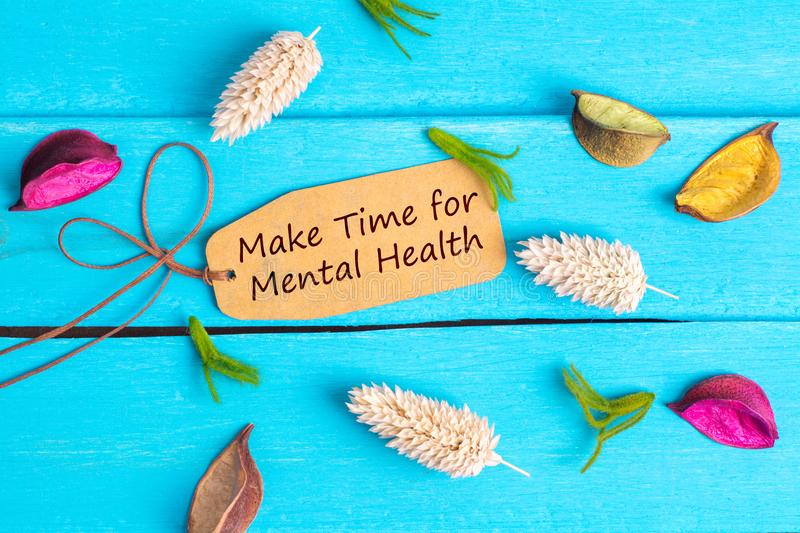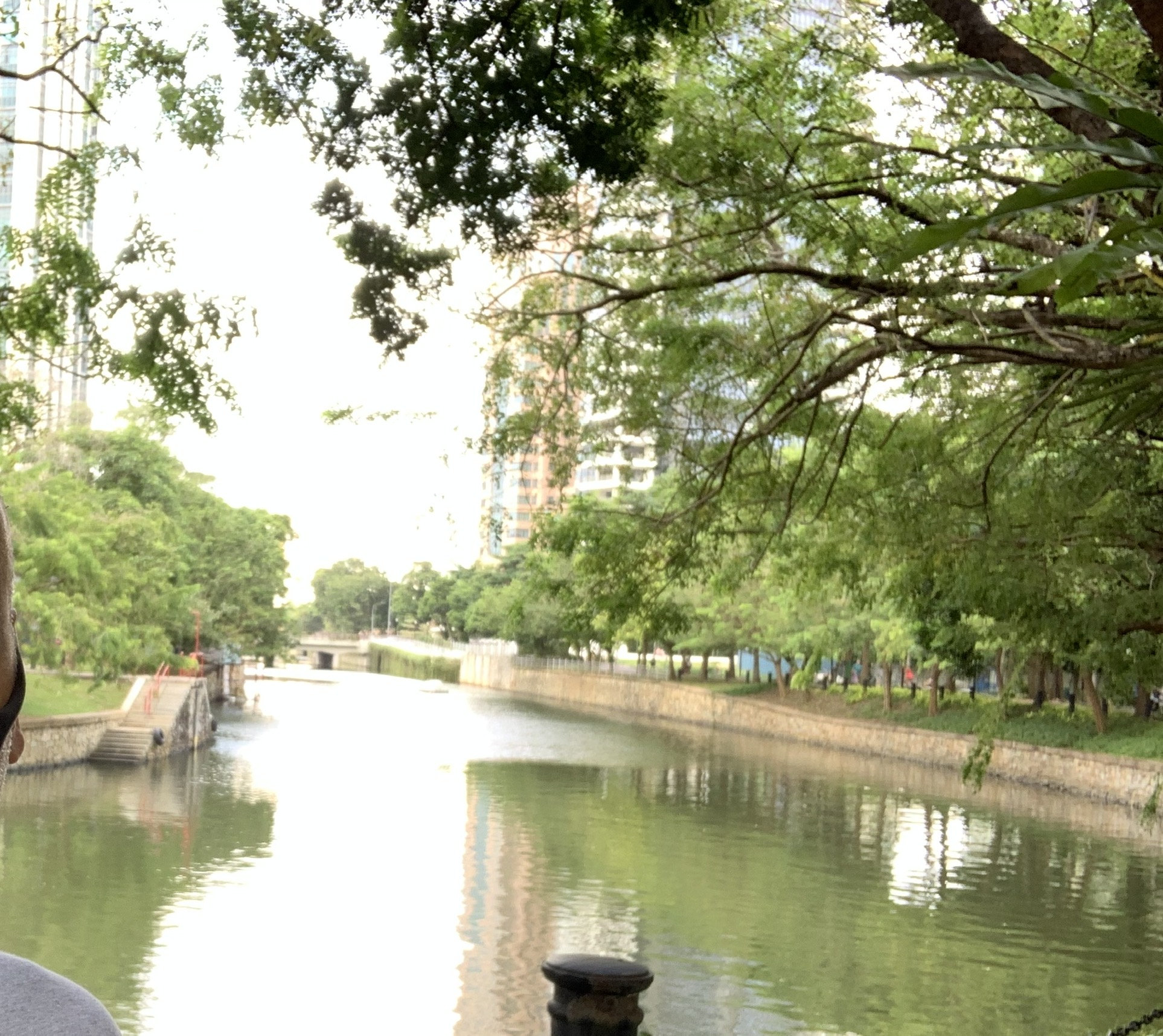A caring family member or a friend is the first circle of protection and nourishment for the trauma survivor or a depressed person. You can immensely aid her/his recovery by
listening patiently, showing you care with just your presence. Active listening
not judging their behaviour, merely showing understanding that this is an extraordinary situation. Non-Judgementality
helping her with crisis counselling and therapy for recovery. Practical Guidance
Pointing out ways for improving how she feels with different practices. Encouragement and Self-empowerment

Try not blaming the survivor in any way. Acknowledge it immediately if you do. Victim Blaming
Not minimising the incident, invalidating the survivor's own experience (no it couldn't have happened like that, you are imagining it etc). Not trying to negate what the survivor is saying (though we may think minimising the incident may lessen its impact) InValidation
Do not push your outcomes (family peace or pushing the issue under the carpet). The only motive that will work is to help the survivor face the truth of the trauma and let him/her heal. Your Agenda
Not being critical of progress as you see it. Criticism augments the negative internal self talk of the suffering person. Criticism

Xavier Amador is a renowned clinical psychologist. In this book, he writes about how he helped his brother who had depression. People suffering from such challenges find it difficult to understand their problems and behaviour by themselves. This is likely to lead them to deny their problems, refuse to take treatment and our help. Amador's approach (called LEAP) involves actively listening to them, treating them as a partner as opposed to a patient. This can help them to overcome their blind spot about their challenges.
Udavi, based in Chennai, runs a women's crisis intervention center which you can call to help the person you care about.
This is a Singapore based organisation that provides support and counselling for caregivers of mental health suffers and trauma survivors. They conduct some online webinars as well.
A great resource for those seeking to understand life's critical issues from a philosophical stand point. We love their books (eg. What they forgot to teach you at School).
A treasure trove of resources on suicide prevention, crisis dealing, support with family, friends and at the work place. "Be Here Tomorrow" is their motto.
We believe the term BPD is stigmatising. But this website has lot of resources for supporters of trauma survivors and has forums you can join as well. We hope to bring you more online and in person support groups in due course.